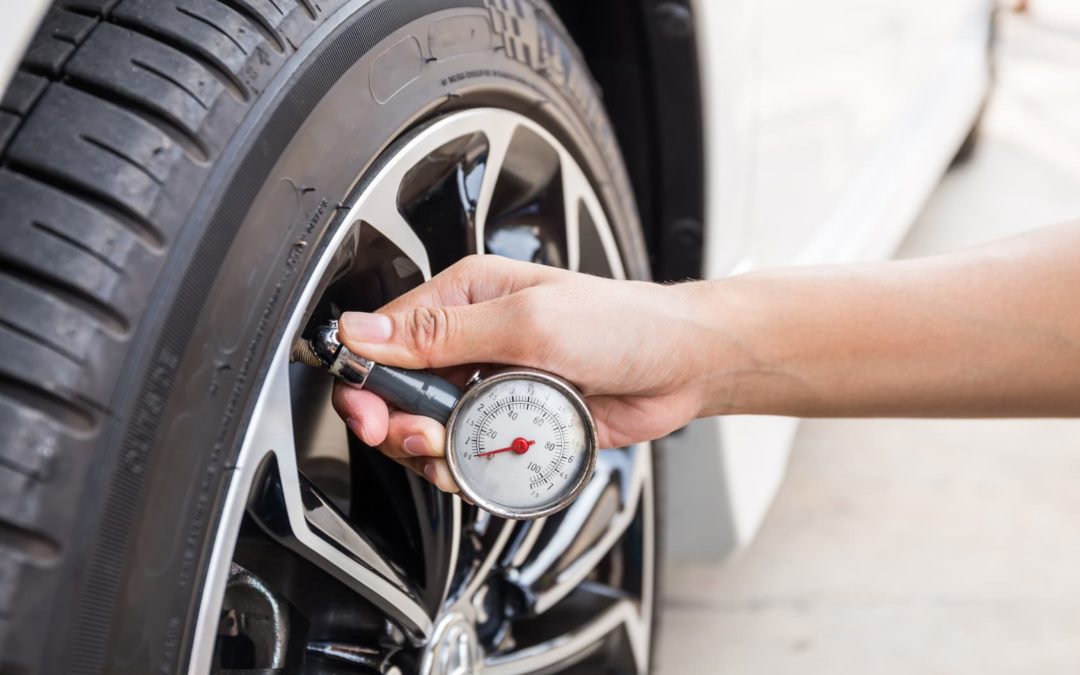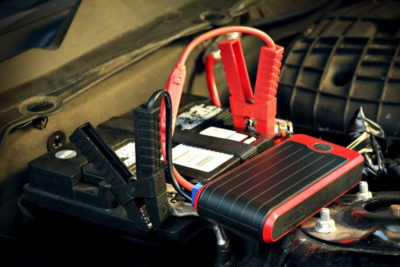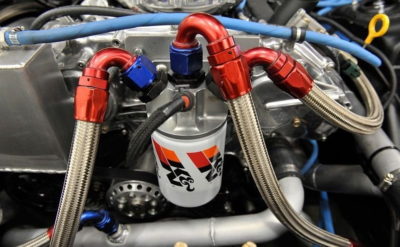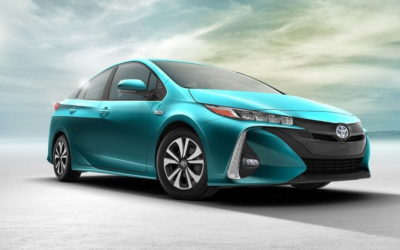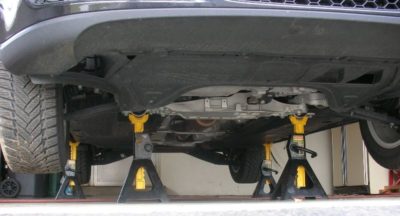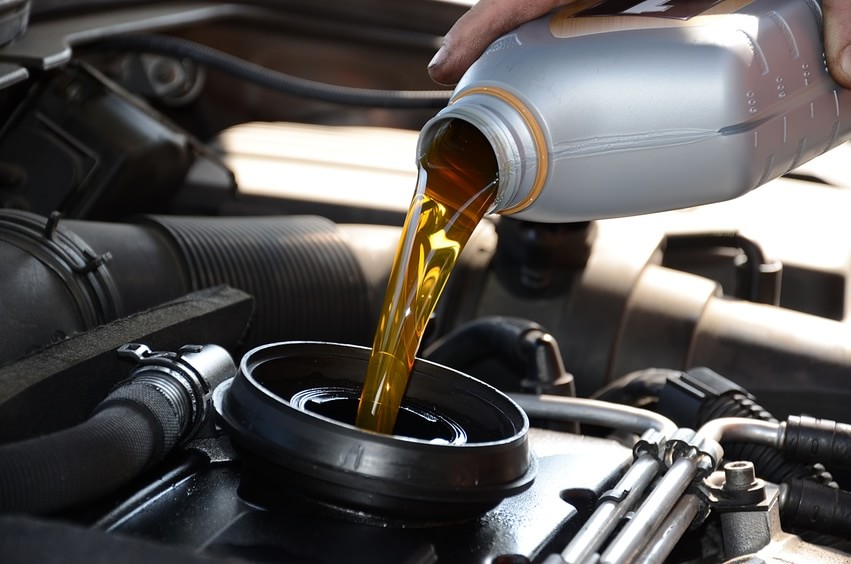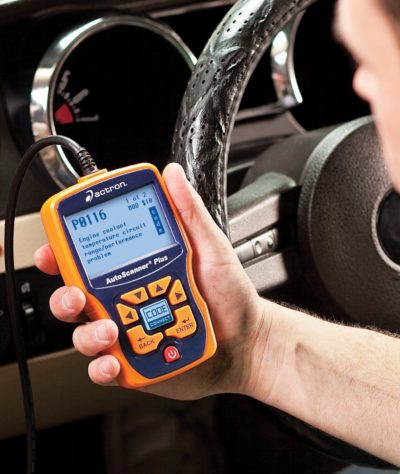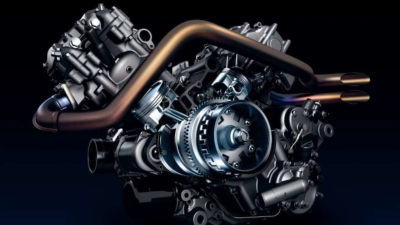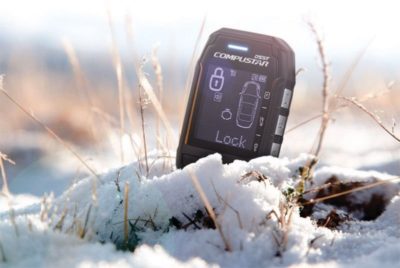Last Updated on March 30, 2020 by Team TRA
If you just bought a Honda Civic, congratulations! The tires that cars come with aren’t always the best choice for you personally, so we’re happy you’re taking the time to consider new tires. If you’ve had a Honda Civic and it’s time to replace your tires, we’re happy you’re here too. In this post, we’ll look at different choices for Honda Civic Tires for different environments, speeds, and driving styles.
Having the right tires for your car and your life is not only important for the health of the car but essential for your safety. After reading our guide to Honda Civic Tires, you’ll be ready to get on the road.
Comparison Table: 10 Best Tires for the Honda Civic
We hope you will find this table helpful when shopping for new tires. We’ve put it in the same order as our reviews below, which are sectioned off by what year of Honda Civic your vehicle is. What a lot of people have been doing in the past couple of years is purchasing their tires online, then taking them to a local shop to have them installed. We’ve heard of prices as low as $10-15 per tire for install. That’s a large savings — especially if you can get a good shipping rate.
| Image | Type | Speed Rating | Avg. Treadwear | Popularity | Cost |
|---|---|---|---|---|---|
 | General AltiMAX RT43 | T | 75,000 Miles |    | |
 | Hankook Optimo H727 | T | 100,000 Miles |    | |
 | Michelin Defender | T | 90,000 Miles |   | |
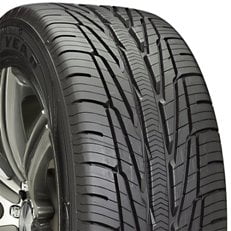 | Goodyear Assurance All-Season | H | 65,000 Miles |     | |
 | Ohtsu FP6000 A/S | V | 35,000 Miles |     | |
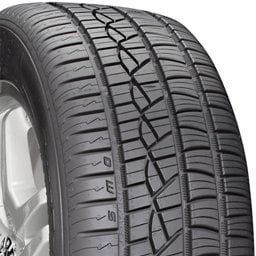 | Continental PureContact with Eco-Plus | H | 70,000 Miles |    | |
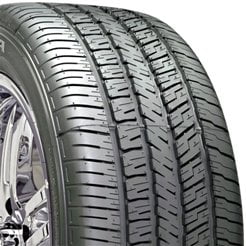 | Goodyear Eagle RS-A | H | 70,000 Miles |      | |
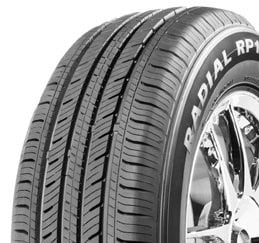 | Westlake RP18 Touring Radial | V | 50,000 Miles |      | |
 | Milestar All-Season Radial Tire | V | 50,000 Miles |     | |
 | Fuzion Touring All-Season | V | 60,000 Miles |    |
Closer Look: 10 Best Honda Civic Tires
What kind of Honda Civic tires do you need? Well, that depends on where you live. If you live somewhere where snow and rain aren’t common occurrences then you don’t need to worry about having high-performance all-season tires.
However, if you know that at some point in the car’s life you’ll be driving in snow or one very wet roads, you need to buy performance all-season Honda Civic tires. They cost a little more, but the safety of you and your passengers will be worth every penny.
Since car tire sizes change with the make and model year, we’ll look at three categories of the Honda Civic, by five (or so) year ranges.
1996 – 2000 Years
If you have a Honda Civic that is from the year 1996-2001, your tire size is 185/65R14. The two best tires from this year range are the General AltiMAX RT43 and the Hankook Optimo H72. Both tires are all-season and affordable choices.
1. General AltiMAX RT43
The AltiMAX RT 43 is a best seller for many vehicles in many sizes. While it carries the name of All-Season it does extremely well in wet and snowy conditions. This is a tire that is made for the average driver, which is not to say that it is average in quality. The manufacturers made this tire to have a long tread (wear) life at 65,000-75,000 miles and it has high-density compound so that you don’t feel as many bumps on the road.
2. Hankook Optimo H727
Hankook has developed a quiet and smooth tire whose tire treads are made to keep the car from hydroplaning on wet roads. While constructing the tire, they concentrated on making the tread wear evenly. This means your tires won’t need rotating quite as often as the ones above. The Optimo H727’s have one of the best tread life warranties we’ve seen at 5 years or 100,000 miles, whichever comes first.
2001-2006
3. Michelin Defender
An All-Season Touring tire is a great choice for these middle-aged cars. The selling point of these tires is their long safe tread life and the manufacturer’s commitment to the environment. These tires are made to last longer than normal treads, but always get them checked. If you live in an area where it snows, but only very small amounts this tire will keep you safe in the winter.
4. Goodyear Assurance All-Season
Any Goodyear tire is a great choice for your Honda Civic tires from a well-trusted tire brand. They constructed this tire to wear evenly, so you are safe in all (mild) weather conditions. The tread pattern was made with special detail to grip wet roads, so it’s safe for rainy climates with wet roads.
2006-2016
Do you have a newer Honda Civic? You lucky dog! Here are some options for Civic models up to year 2020.
5. Ohtsu FP6000 A/S
Ohtsu creates an all-season tire that is made with treads to handle wet or dry roads. If you tend to have a lead foot, this tire is forgiving and performs well at higher speeds. It was designed to enhance brake performance as well, in the case you were to need to stop very quickly. If you’re a speed demon who thinks that they’re a race car driver (but doesn’t go over 100) then this is the right tire for your Honda Civic.
6. Continental PureContact with Eco-Plus
Continental technology is another great choice for newer Honda Civic Tires. A little pricier than the Ohtsu, they call themselves luxury tires for the way that they handle bumps on the road. If you buy these tires you can expect a smooth ride, quiet inside the vehicle and to be safe in a light dusting of snow. To make your life easier, this tire has markings to let you know what road conditions its tread is safe for.
On the shoulder of the tire is marked DWS, standing for dry wet and snowy conditions. It is only safe to drive in the conditions representing what the letters mark when you can see that letter. Do not drive in snowy conditions if you cannot easily make out the S, wet conditions if you can’t make out the W and so on for dry conditions. If you can’t see the dry condition mark, you need to get new Honda Civic tires as soon as possible!
2016-Present
There are many excellent options for owners of new Civic vehicles.
7. Goodyear Eagle RS-A Radial Tire
The Goodyear Eagle is an all-season touring tire, with extreme control and tread. The wide lateral grooves for improved wet traction, in rain and snow. This tire will give your Honda Civic a smooth and quiet ride. This is a great set of tires if you’re on a budget but still want something that has a chance at lasting over 50,000 miles.
8. Westlake RP18 Touring Radial Tire
Westlake is a great bargain, and we recommend it for any vehicle that you aren’t driving as frequently or if you don’t mind swapping to a new set after 25-30k miles. There’s certainly something attractive in getting a brand new set of tires bought, shipped, and mounted for under $300! The Westlake RP18’s looks good for a cheaper tire and are rather quiet on the road.
9. Milestar MS932 All-Season Radial Tire
Milestar is another good bargain tire for those who are looking for a solid deal and a solid tire. This off-brand has construction on par with a lot of passenger class tires such as those from Bridgestone and Goodyear. They definitely shouldn’t be bought if you’re looking for something with sports performance but are relatively quiet and will last around 30,000-50,000 miles.
10. Fuzion Touring All-Season Tire
If you want a step up over those lower-end models, this touring tire is a great value. The Fuzion brand has been gaining some traction with consumers in the tire market. This particular model is rated for a respectable 55,000 miles (limited treadwear warranty). Fuzion offers these tires in a T-Speed or H & V Speed rated versions. The main downside is that many consumers report poor winter and snow performance.
Top 5 Things to Consider Before Buying Honda Civic Tires
The best tires for your Civic may be totally different than someone else’s vehicle. For example, an owner of a Honda Civic Sport may want a performance tire whereas a driver of the latest Honda Civic Insight may want tires optimized for MPG with a low roll resistance. In any case, you probably know what boat you’re in and what’s going to be best for your situation. However, here are some other factors to mull over.
When you make a decision to buy new tires for your Honda Civic, you’ll want to consider the following five points:
1. Price
Do you go for the expensive tires rated for the highest average treadwear or the cheap tires that’ll pop the first time they come into contact with the smallest piece of gravel (okay, that’s an exaggeration). Truth be told, there’s a debate that has gone on for many ages among car owners — get the cheapies and replace them more often or get the spendies and get them rotated more often as they wear down over time. For most drivers, we recommend landing somewhere in the middle. But if you’ve done the math, you probably don’t need to read this consideration #1. We wouldn’t recommend falling in love with a certain brand, as each brand has good and not so good tires. There’s going to be the best tires for Honda Civics from a range of brands out there.
2. Size
Check out the inside of the driver’s side door jamb and/or your owner’s manual for your vehicle to find what size tires your vehicle takes. You’ll find a jumbled up bunch of letters and numbers (as seen in the illustration above). At first, it seems like nonsense, but there’s actually some meaning behind that label.
For example, let’s take the P205/55R16 91S label pictured above. The “P205/55R16” part of the label refers to the tire’s size measurements such as width and diameter. Now, what’s the “91 S” part mean? This refers to a 91 load index (which is how much weight the tires can support) and the S is the speed rating (which is the top speed the tires are capable of handling).
The picture above helps visualize tire dimensions and wheel dimensions. Don’t be a silly pickle and get your wheels and tires confused. Tires will need to be mounted by a trained technician. You can DIY new wheels with tires on them, but of course, these are going to be much more expensive than standalone tires.
3. Weather
Nearly all car tires fall into three broad categories: all-season, winter, and summer. If you’re ballin’ you could get a pair of summer tires and a pair of winter tires and swap them out every 6 months or so. If you live in really snowy conditions, it may be necessary to get winter/studded tires. Most folks are going to end up purchasing all-season tires for their daily driver. These are the least expensive kind of tire in most cases and provide a good balance of performance and longevity.
4. Noise
Road noise is really something that can ruin your driving experience. Shouting back and forth with your passengers on the highway due to noisy tires is not a welcome treat! Each specific model of tire is going to differ in the road noise department since the treads are unique. We highly recommend researching models and see what existing owners have said about the road noise of your favorites before making your final purchase decision.
5.Treads
Hand-in-hand with noise and weather considerations is the tread of the tire. Some are going to be better at wicking away water during downpours, others are going to provide top tier traction during high-speed turns. All-season performance, as well as basic all-season treads, are going to be great for Honda Civic vehicles.
Always Double-Check Tire Size and Model Type Before Ordering
Before you start looking at new tires, you need to know what size you’re looking for. Most Honda Civics have the same sized tires, but it’s worth double-checking. There are two ways to check the size of your tires. If you still have or can easily locate the owner’s manual, the tire size will be listed there, along with the size of your rims and axles.
If you don’t have immediate access to your manual, all you need to do is look at the side of one of your tires. Write down the number that you see on the side of the tire that starts with P and make sure you write down the whole chain until it ends with R and a number. That whole set of numbers is your tire number.
Model Type Check
Before we can recommend the right tire type for you, you need to know what model type to look under. With any car, the models are slightly different, but not always different enough for a consumer to notice.
To find your model number look in your owner’s manual. If you want to know when the model was built (vs the year of the car), look at the tenth digit of your VIN. Then, look up that letter online in a VIN Letter chart with a simple google search.

